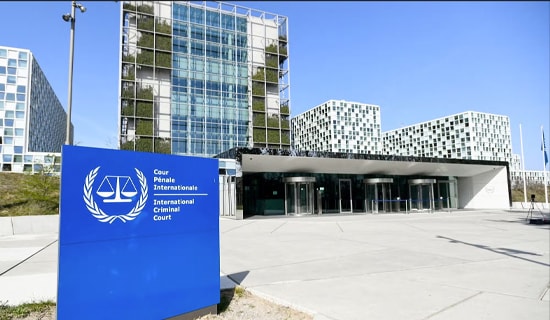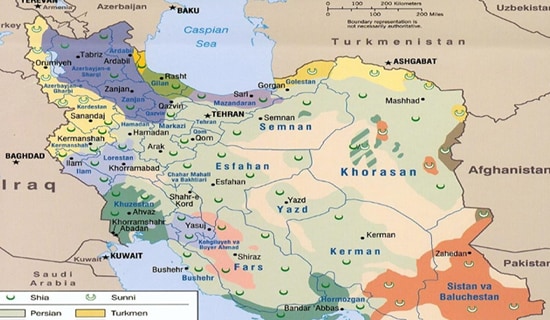In a recent article in the Qatari daily Al-Arab, columnist Sayyed Muhammad Al-Khadher called to reassess the image of former U.S. president George W. Bush and his policies. He explained that Bush's policy of condemning and isolating the resistance camp had strengthened the moderate Arab regimes, whereas the policy of openness towards this camp, employed by the current president, Barack Obama, is weakening the U.S.'s allies in the Middle East and undermining America's own interests and status there.
Following are excerpts from the article:[1]
"Many were glad to see [George] Bush Jr. vacate the White House. This man, whom many regarded as a political madman, had an unfortunate and blood-soaked history. He had dragged [his country] into two needless wars, and left the presidency without making any progress on the battlefield, let alone [achieving] victory. He had also exposed the phoniness of America's values [by] killing children, expelling people [from their homes], establishing secret prisons, and permitting torture. [Moreover,] everyone remembers the last days [of his presidency] as days of want, as he left the [American] superpower in a state of economic chaos, with a high rate of unemployment and millions of Americans living on the streets.
"But the one constant in politics is change. Often, a leader's wisdom and advantages become apparent only after he has left the circle of decision-makers. I am not speaking about Arab leaders, of course, whose wisdom ends only when they die, but about what seems to have happened with Bush. The outcomes of Obama's [policies] so far reveal that Bush was the American president who managed to lead the world – [the president] whom the world listened to, who was most popular among America's allies, and who held the most prestige among its enemies.
"Reviewing the Arab reality, we find that president [Bush's policies] corresponded to those of the moderate [Arab] camp on most strategic issues... Bush portrayed some of the [Arab] countries as traitor states belonging to the Axis of Evil. This position was an anchor that the moderate states relied on in addressing regional issues, a position that strengthened them vis-à-vis Iran, Syria and their proxies – Hizbullah and Hamas. President Bush's positions helped to [increase] the influence of the moderate camp in the Middle East, and to isolate Syria for a few years. They created a new situation in Lebanon, and to a certain extent forced Hamas to negotiate with the leaders of Saudi Arabia, Jordan and Egypt. Bush was serious in settling scores with Syria, and he understood the Shi'ite threat, which the leaders of the [moderate] Arab countries have long been concerned about. He did not hesitate to put the resistance movements on the West's list of terrorist [organizations].
"[Looking at] Obama, on the other hand, we find that he has mishandled the affairs of the Middle East in two ways. His first [mistake] is his openness towards Iran and Syria, which Americans view as [an act of] exonerating evil [regimes] that have not stopped supporting terrorism and threatening America's interests in the Middle East. The moderate Arabs view this step as ingratitude towards them after all they have done for the U.S., which should have strengthened them in the region vis-à-vis their rivals [instead of reaching out to the latter]. The second [mistake] of the new America president is that, unlike his predecessor, he does not issue clear instructions to the leaders of the Middle East countries – which has caused some, even among his allies, to rebel against him, as it were. [For example,] Fatah's threats to withdraw from the U.S.-sponsored negotiations [with Israel] have become a commonplace phenomenon... Israel [too] sees Obama as a weak president who cannot fulfill [the needs] of the Hebrew state, even though he has promised to protect it from any danger...
"It seems, therefore, that history is rapidly doing justice to Bush. His leaving [the White House] was [actually] a disaster for the Arabs. Israel [too] was sorry to see him go, and the Americans [themselves] are apprehensive. It turns out that he was liked by everyone."
[1] Al-Arab (Qatar), September 24, 2010.








